
The theory of evolution by natural selection was further developed through the work of Fisher (1890-1962), Haldane (1892-1694), Sewall Wright (1889-1988), and others. As a result, Mendelian genetics became integrated within a single theoretical framework, known henceforth as Modern Synthesis.
The field of ecology developed from previous biogeographical, geochemical, and agricultural research. Original experimental methods were developed in elaborate field studies. New theoretical ideas, such as niche, ecosystem, succession, and food chains, led to a unified discipline of the interactions of organisms with each other and their abiotic environment.
The rise of molecular biology in the late 1930s led to the 1950s' landmark discovery of the existence of the genetic code. This was immediately followed by the elucidation of the workings of the DNA molecule and the processes of transcription and translation of genetic information in the synthesis of proteins. Among the scientists who contributed to these achievements the names of Delbruck (1850-1919), Pauling (1901-1994), Crick (1916-2004), and Watson (1928-) are prominent.
In molecular biology during the latter half of the century the development of techiques related to the polymerase chain reaction and recombinant DNA sequencing made possible the artificial creation of new organisms and the development of new pharmaceuticals through genetic manipulation. Progress in microbiology was greatly accelerated by new techniques and instruments, leading to applications in such fields as medicine and agriculture. These advances also led to new theoretical insights, such as the confirmation of the endosymbiotic origin of organelles in eukaryotic cells; a new scheme for the classification of organisms under the superkingdoms of archaea, bacteria, and eucarya; and the existence of horziontal gene transfer across many relatively unrelated organisms.
by Eliseo Fernandez
 R. A. Fisher: The Life of a Scientist
by
R. A. Fisher: The Life of a Scientist
by
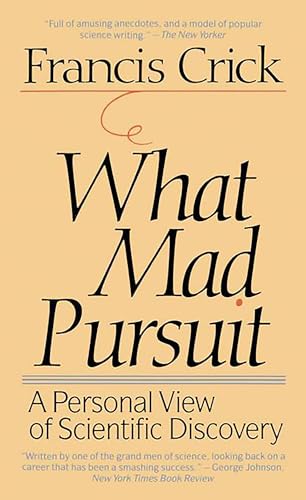 What Mad Pursuit? A personal view of scientific discovery
by
What Mad Pursuit? A personal view of scientific discovery
by
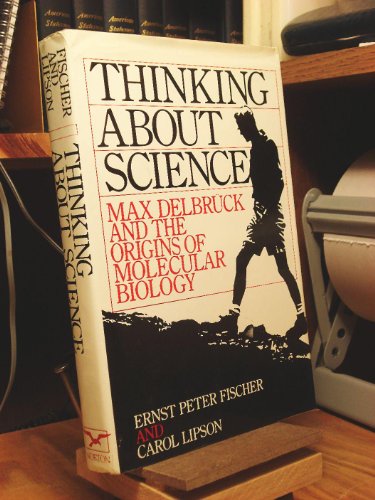 Thinking about Science: Max Delbrück and the origins of molecular biology
by
Thinking about Science: Max Delbrück and the origins of molecular biology
by
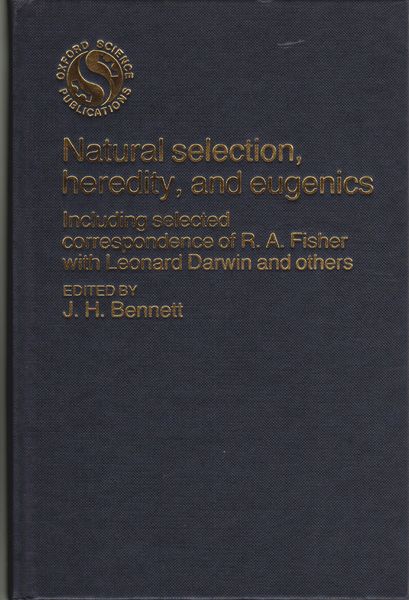 Natural Selection, Heredity and Eugenics
by
Natural Selection, Heredity and Eugenics
by
 Of Molecules and Men
by
Of Molecules and Men
by
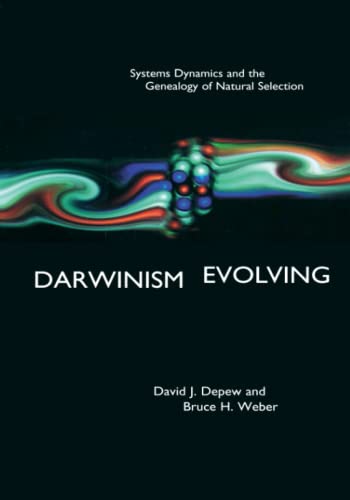 Darwinism Evolving
by
Darwinism Evolving
by
 Sewall Wright and Evolutionary Biology
by
Sewall Wright and Evolutionary Biology
by
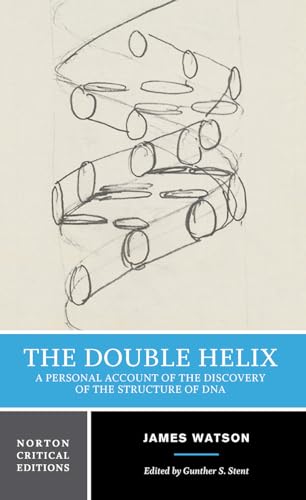 The double helix; a personal account of the discovery of the structure of DNA
by
The double helix; a personal account of the discovery of the structure of DNA
by
 Vitamin C and the Common Cold
by
Vitamin C and the Common Cold
by